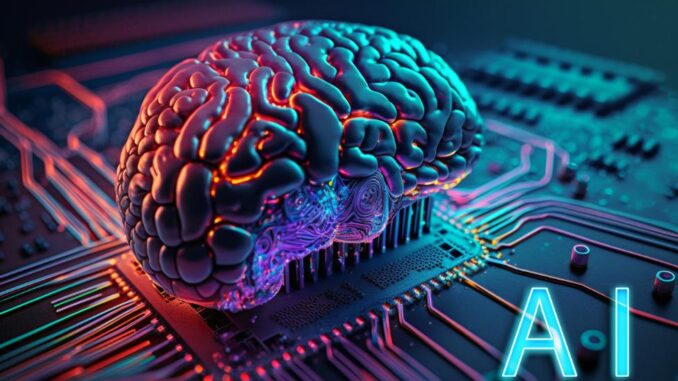
AI-assisted medicine has the potential to transform healthcare in various ways, improving patient outcomes, enhancing operational efficiency, and aiding healthcare professionals in their decision-making processes. Here are several ways AI can assist in medicine:
1. **Diagnostics**: AI can help analyze medical images (such as X-rays, MRIs, and CT scans) and classify patterns that may be difficult for human eyes to detect. Machine learning algorithms can be trained to identify signs of diseases like cancer, pneumonia, or fractures.









2. **Predictive Analytics**: By analyzing patient data, AI can identify trends and predict outcomes for individuals or populations. This can lead to early interventions, personalized treatment plans, and better management of chronic diseases.
3. **Treatment Recommendations**: AI can assist clinicians in formulating treatment plans by analyzing vast amounts of medical literature, clinical guidelines, and individual patient data to recommend the most effective therapies.
4. **Drug Discovery**: AI algorithms can expedite the drug discovery process by predicting how different compounds will react with biological targets, thus identifying potential new medications more rapidly than traditional methods.
5. **Patient Monitoring**: AI can facilitate continuous monitoring of patients through wearable devices, enabling real-time data collection and analysis to identify potential health issues before they become critical.
6. **Administrative Efficiency**: AI can streamline administrative tasks such as scheduling, billing, and electronic health record management, allowing healthcare providers to focus more on patient care.
7. **Virtual Health Assistants**: AI-powered chatbots and virtual assistants can provide patients with answers to health-related questions, schedule appointments, and remind them to take medications, enhancing patient engagement.
8. **Telemedicine**: AI can improve telehealth services by triaging patients based on their symptoms and directing them to the appropriate level of care, as well as enhancing the user experience for remote consultations.
9. **Personalized Medicine**: By leveraging genetic and phenotypic data, AI can assist in tailoring treatments to individual patients, leading to more effective and targeted therapies.
10. **Natural Language Processing (NLP)**: NLP can be used to analyze unstructured data from clinical notes, research articles, and other textual sources, helping to extract valuable insights and improve clinical decision-making.
The integration of AI in medicine has the potential to enhance the efficiency and effectiveness of healthcare services while ensuring a more personalized approach to patient care. However, it’s important to address ethical considerations, data privacy, and the need for human oversight in AI-assisted medical applications.

Leave a Reply